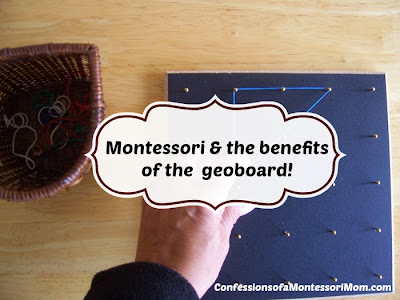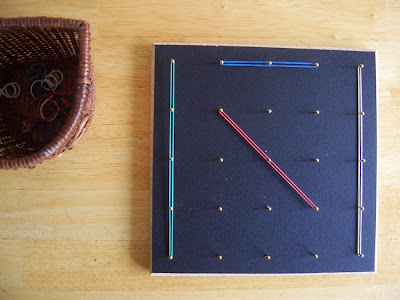Practical Life
"All the practical life activities, in addition to improving hand-eye coordination and muscle control, are designed to increase the child's ability to concentrate [and to also go from left to right, and from top to bottom]." Montessori on a Limited Budget by Elvira Farrow and Carol Hill
Practical Life Introduction from my Montessori training manual: "Exercises in Practical Life are given the greatest importance. Exercises in Practical Life help the child mainly in his efforts to adapt to his limited space, and his group, and to achieve independence. They answer his need expressed by "Let me do it by myself." They are excellent for the toddler old who is struggling to bring his psychic needs in accord with his physical development by developing his motor skills. A toddler needs to express his inner needs through physical actions and inner movements. Actually, all exercises are based on getting the physical coordination to learn the exact technique to do a certain thing."
Many of the Montessori Practical Life activities also develop the pincer grip for writing and drawing.
Sensorial
As a sensorial activity, working with geometric shapes is a great pre-reading and pre-writing activity! The child learns to see shapes and to name them, preparing them to see letters and numbers and to name them and eventually write them.
Introduction to Sensorial Montessori Materials from my Montessori training manual:
"The material in a Montessori environment increases the child's awareness and helps him classify his impressions, which brings him order and knowledge. Knowledge without order is chaos. The Sensorial Apparatus in particular fulfills its purpose by fulfilling the needs of the children arising from the tendencies of man, It acts like a key in preparing the child for many aspects of life. Therefore, it can be effective only if it is limited. Each piece of Sensorial Apparatus isolates one difficulty or one concept. Maria Montessori calls this material "materialized abstractions," because each piece isolates whatever it is trying to bring to the child's attention.
"Only such material and apparatus should be introduced to the child for which he is ready, and which he can master. It is the adult's responsibility to build a foundation of the child's intellectual and physical abilities by using exercises graded by their degree of difficulty. Only when this indirect preparation has taken place when the child has mastered all the component parts of an exercise, can the child master the exercise itself expertly and move on to the next activity. Therefore, not only by the right material but also the right time in the child's development has to be chosen.
"After the presentation, language is given, and then the child's interest is captured by follow-up exercises or games, which bring another point of consciousness to the child and prolong his interest in the material.
If you want a pricier geoboard, American handmade with natural wood--one that is a little bit bigger (8" by 8") with pegs instead of nails--I recommend the All Natural Wood GeoBoard on Etsy made by 'FromJennifer: Quality Crafted Woodworks for Home, School, and Play' in Buffalo, Missouri.
My interaction with--and tips for--the Econo Geoboard (you can use these tips for any geoboard): after I received the Economy Geoboard from Montessori Services I set it up on the shelf for my son to use. He has shown an interest in rubber bands lately so the timing was perfect.
Working with rubber bands is a great fine motor activity, but they can be choking hazards so do not have them near infants and tots under the age of two or three. They can also hurt if shot at other children or animals so one of the first lessons of using a rubber band, and a geoboard, is safety (in Montessori we call this Social Grace and Courtesy).
You need to spell out the ground rules for using rubber bands including not putting them in your mouth ("What do we put in our mouths? Food and drinks, toothbrush, etc."); not putting them on animals in the home ("What do we put on animals? Gentle touches called petting."); and not shooting or tossing them through the air ("What do we shoot or toss? Frisbees, balls, etc.")
When you establish ground rules and find a safe place in your home for the geoboard away from infants and tots (and curious cats and dogs) place ten to twenty rubber bands in a basket or bowl.
If making shapes is too difficult, show the child how to make lines starting at the top and side of the board (or anywhere when the child is doing it independently).
My son loves his economy geoboard! It's durable and not too heavy for him to carry. The rubber bands are of various sizes and colors. Using the geoboard helps strengthen his pincer grasp for writing and he can make shapes because he loves geometric shapes and knows most of their names (he helped one of his teachers name a shape the other day in his special needs classroom, it was a pentagon!)
Please note: I received this geoboard for free from Montessori Services, with whom I am also an affiliate. I got a small commission when readers made a purchase from the links provided.








